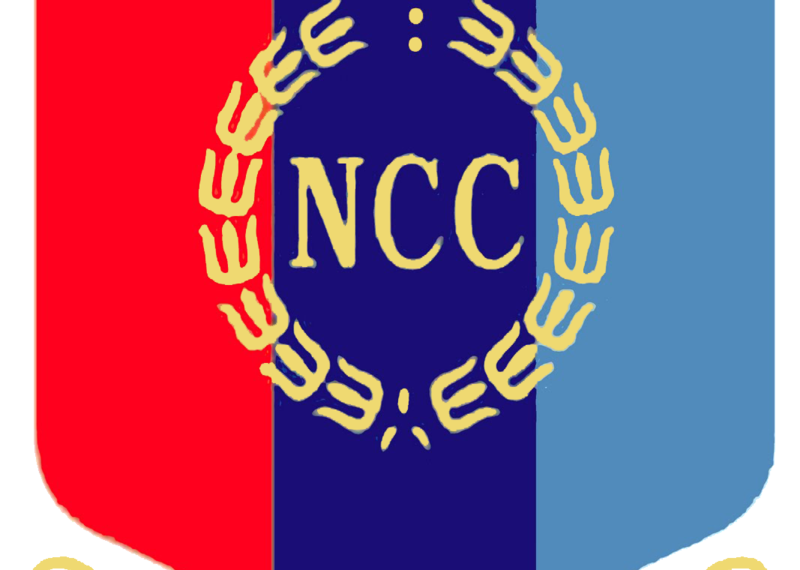The National Cadet Corps is a bastion of service and discipline, offering countless young students across India a unique platform to serve their nation. Established under the National Cadet Act of 1948, the NCC has evolved into a tri-service organisation, encompassing the Army, Navy, and Air Force, with its headquarters in New Delhi. At its core, the NCC aims to cultivate a reservoir of organised, trained, and motivated youth poised to provide leadership across all domains of life and steadfastly serve the nation when called upon. Discipline is the NCC’s cornerstone, underpinning all its activities and initiatives. Through a concerted effort to instil problem-solving skills and foster self-discipline, the organisation ensures the holistic development of its voluntary enrollees.
During pivotal moments in India’s history, NCC cadets have stood firm in the second line of defence, exemplifying courage and commitment during the conflicts of 1965 and 1971. Their contributions ranged from organising camps to support ordinance factories to patrolling to capture enemy parachutes, reflecting their unwavering dedication to the nation’s defence. At the helm of the NCC stands a distinguished officer holding the rank of Lieutenant General, serving as the Director General and overseeing the organisation’s functioning. The nation is divided into 17 directorates, each covering states and Union Territories, ensuring effective management and coordination of NCC activities nationwide.
The NCC offers diverse camps designed to provide cadets with a unique and comprehensive experience. These include the Youth Exchange Program, Republic Day Camp, All India Thal Sainik Camp, All India Nav Sena Camp, All India Vayu Sena Camp, Combined Annual Training Camp, National Integration Camp, Attachment Camp (at prestigious institutions like IMA, OTA, INA), and Leadership Camp. Each camp is a stepping stone towards a career in the armed forces, offering a blend of physical training, academic learning, and character building.
My interaction with NCC cadets at the Officers Training Academy in Chennai was a profound testament to the NCC’s transformative power. I had the honour of accompanying a group of 25 cadets selected for an attachment camp. Their journey was a remarkable display of resilience and adaptability, as they gracefully overcame challenges and remained determined. This experience underscored the NCC’s pivotal role in shaping young minds and preparing them for the demanding yet rewarding life in the military. The training regimen at OTA was meticulously designed to expose cadets to military training imbued with the ethos of the Indian Army. From rigorous physical training sessions to weapon handling and firing drills, the cadets gained invaluable insights under the expert guidance of qualified instructors. Additionally, classes on military history and service customs enriched their understanding of military life, fostering a sense of belonging and camaraderie.
Throughout the camp, cadets had the invaluable opportunity to interact with officers, including their male and female counterparts, gaining insights into various entry options and eligibility criteria for joining the armed forces. These interactions and exposure to naval installations not only motivated the cadets but also instilled a profound sense of purpose and unwavering commitment in them.
In essence, the NCC is a crucible for nurturing future leaders, instilling in them the values of service, discipline, and leadership. The organization’s transformative experiences, such as attachment camps, are meticulously designed to shape the lives of young cadets, equipping them with the skills and ethos necessary to serve the nation with pride and distinction. As we look towards the future, the NCC remains a cornerstone of India’s youth development and national defense efforts, fostering a generation of leaders deeply committed to the nation’s service.


